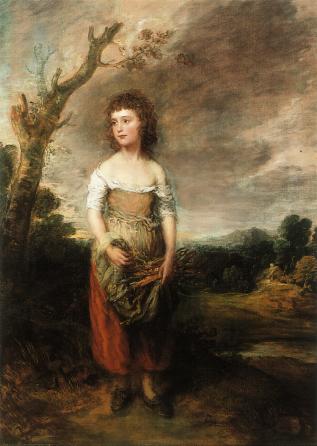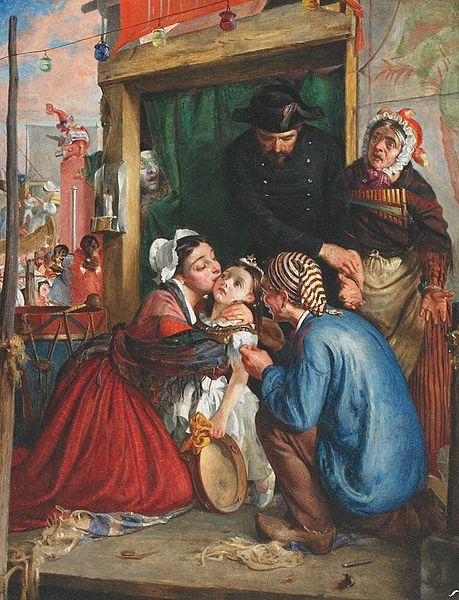Malthus. The theory that, essentially, the poor should not reproduce as they strain the food supply, which will be outdistanced, inevitably by population growth, leading to that final leg of human misery: famine, starvation and death. Alas, the flesh being weak and the wedding band imbued with carnal responsibilities would simply overpower moral restraint leaving humankind with bleak prospects as it stares over the precipice. It was far from the rosy prospects of equality and modest prosperity for all offered by the eighteenth century optimists. Malthus was feted as a philosopher-king by the sullen men of property who resentfully supported poor relief. …
It was the harbinger of the Victorian era and Malthus did not mince his language with his “unhappy persons who in the great lottery of life have drawn a blank.” The truly underprivileged and destitute had “no claim of right to the smallest portion of food, and, in fact, has no business to be where he is. At nature’s mighty feast there is no vacant cover for him.” It was nearly a call for euthanasia to rid god’s chosen England of its social and economic burdens.

—Gainsborough, Girl Gathering Faggots (Daughter of the Abdy family) 1782.
This painting appeals to the idea of “charity” although the model for the girl was the daughter of an aristocratic family playing at being poor so this picture is also associated with retirement. At this time the aristocrats were in charge and the middle-class (or “middling sorts” as they were called) were a minor social category without the clear identity they achieved in the nineteenth century.
Towards the end of eighteenth century it became more common to show the working class but associated with the idea of contentment. This idealisation was happening at a time, and perhaps because of, the increasing social unrest, sacking churches, rick burning, riots and so on.—click image for source…
Malthus was attacked by romantic Tories like Coleridge, who believed in a paternal hierarchic society resembling the Middle-Ages, and by extreme radicals like Shelley who continued to hold the William Godwin belief that poverty was linked to mal-distribution of wealth rather than from scarcity as such. In 1820, Godwin wrote, ” For twenty years, the heart of man in this island has been hardening through the theories of Mr. Malthus.” Malthus was a big target too tempting for Dickens to ignore. In Hard Times, Mr. Gradgrind called one of his sons Malthus. But Malthus was not wrong in stating, “The sons and daughters of peasants will not be found such rosy cherubs as they are described to be in romances…”
Malthus saw “misery and the fear of misery” as checks on population growth, but was unwilling to admit that birth control measures might also play their part: the parson labeled them vices or “improper arts to conceal the consequences of irregular connections.” Nor did he foresee that birth control would one day become respectable, a game-changer and a pillar of the new economy of goods and services for the masses. ( to be continued)…






 COMMENTS
COMMENTS